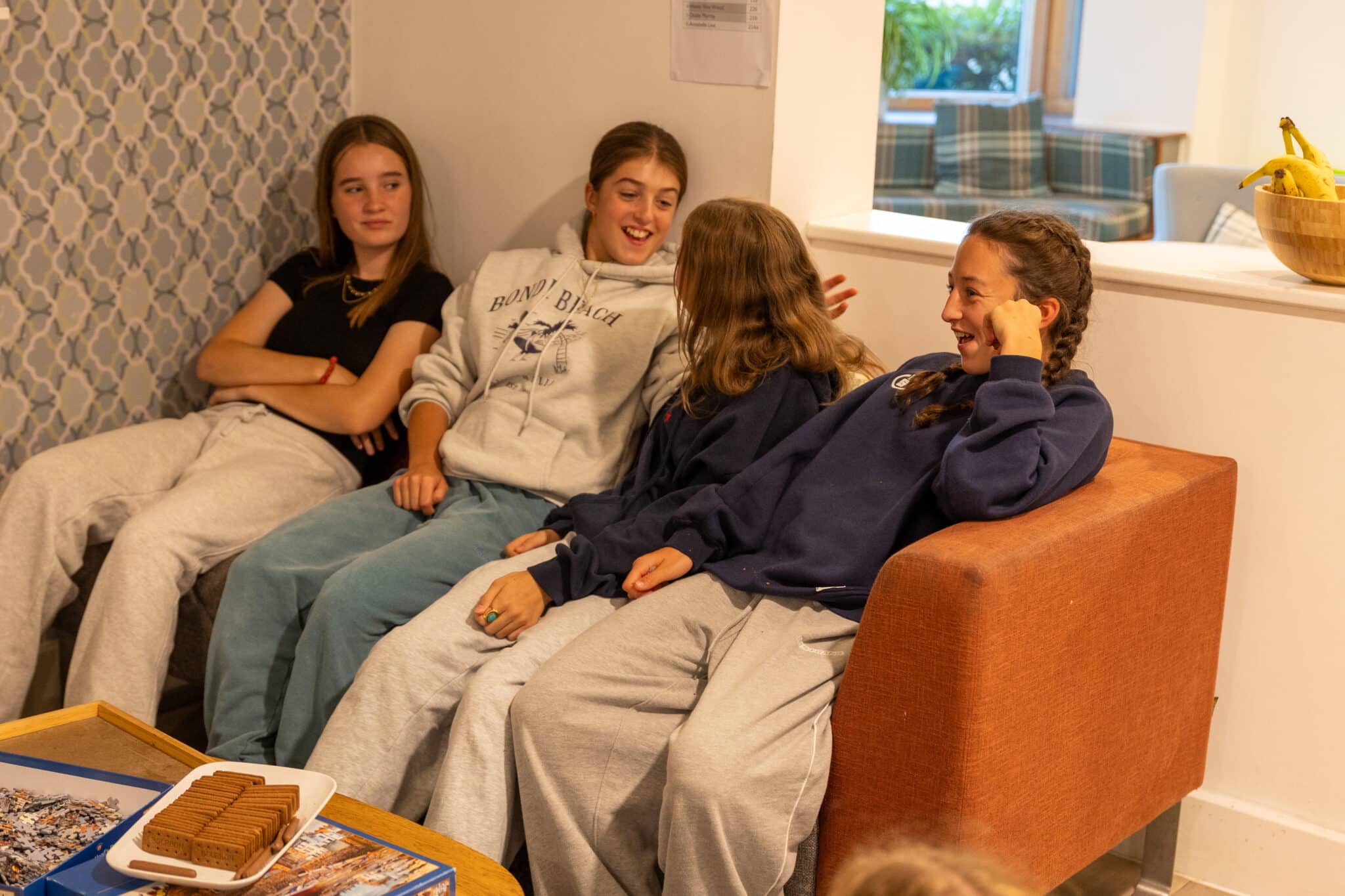Conversations about Mental Health at Bradfield College
Courage and Conversation
It takes courage to engage in honest and open conversations about mental health and wellbeing. Leaders in any walk of life are often reluctant to reveal their fragilities or reflect candidly upon anxieties, yet very few of us go through life without struggles at some point. Feelings of loss, abandonment or inadequacy are part of the inevitable emotional landscape of human experience, and no amount of material privilege can fully guard against them.
Arguably, our lives would be easier if we could adopt the insouciant ‘devil-may-care’ attitude of the Victorian anti-hero Sir Harry Flashman. Yet while an overly introspective outlook may not always bring happiness, the countless shelves of modern self-help books reflect a universal desire to find peace, confidence and purpose.
Understanding the Pressures on Young People
Our lives are messy and complicated. As Alain de Botton writes in Status Anxiety, negative comparison with others can become corrosive. Fear of failure is real and underpins much adolescent anxiety, sometimes to the point of withdrawal, as seen in the phenomenon of hikikomori in Japan.
Growing up is never simple. Teenagers worry about appearance, academic progress, family dynamics and social standing. Jonathan Haidt’s The Anxious Generation links the sharp rise in mental health concerns since 2012 with the arrival of the front-facing smartphone camera, which accelerated the impact of social media on adolescent self-esteem. Combined with the global pandemic, and an often unfiltered digital world, the pressures on young people today are profound.
Challenges of the Digital Age
Children now grow up in a landscape where online risks range from radicalisation and cyber-bullying to toxic influences, fake news and social ostracisation. While the internet has democratised knowledge, it has also become a powerful tool in the hands of those who wish to cause harm. At Bradfield, we are acutely aware of the time young people spend scrolling, and we encourage them to live in the real world, setting healthy boundaries around mobile phone use.



